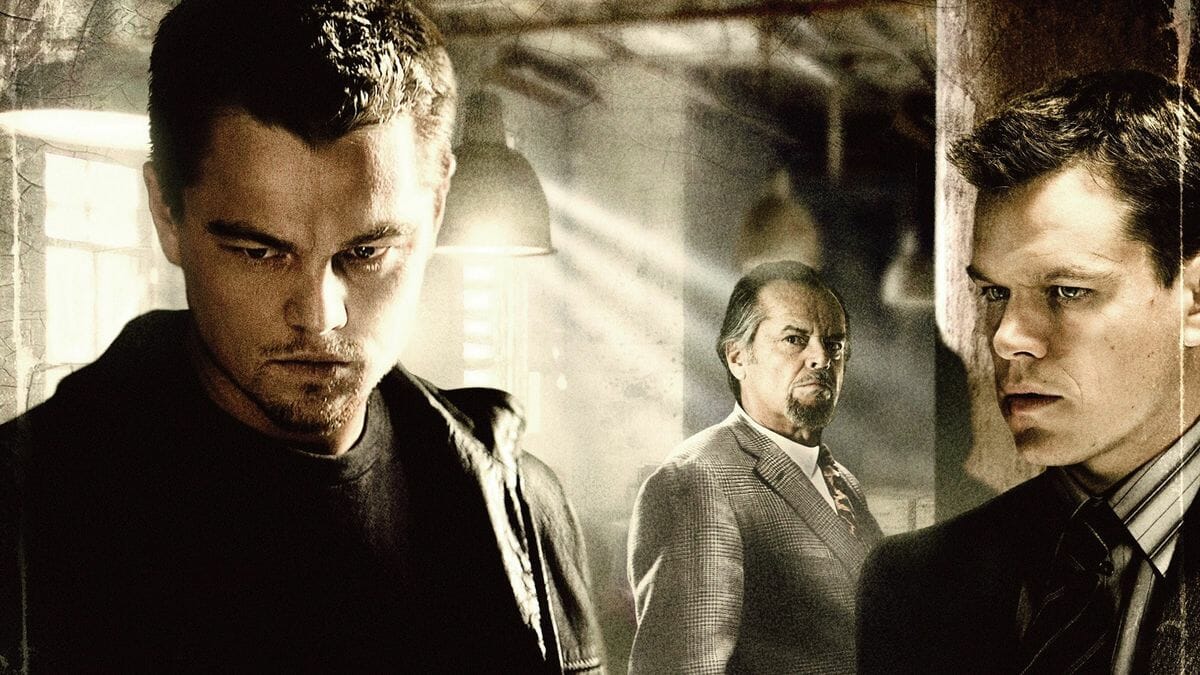Warner Bros. Wanted The Departed to be a Franchise
You don’t often think a legend like Martin Scorsese would have trouble in Hollywood, but he has. In an interview with GQ (the same one where he argued for “saving cinema” from superhero films), Scorsese revealed that he got pushback from controlling studios over some of his movies. First, he clashed with Miramax over Gangs of New York, from which Harvey Weinstein wanted him to cut almost an hour of footage. Next was The Aviator, again with Miramax, where he says “they came in and did some things that I felt were extremely mean” towards the end of the editing process; it got so bad that Miramax cut funding, and Scorsese had to pay $500,000 of his own money to finish the movie his way. That sounds insane, but it’s par for the course for Weinstein, who always had a reputation as a hardheaded businessman; the reason Quentin Tarantino split Kill Bill into two volumes was because if he didn’t, Weinstein would have forced him to whittle it down to its barest bones.
But the big shocker is The Departed, the crime movie he made with Warner Bros. that was not only his biggest box office success at the time but the film that finally won him his Best Director Oscar. (The Departed also won Best Picture, Best Editing, and Best Adapted Screenplay.) If you haven’t seen the movie, spoilers follow. (And I recommend checking it out because it’s terrific.)
*SPOILERS*
At the end of The Departed, every major character dies, including the two leads, played by Leonardo DiCaprio and Matt Damon. It’s jarring the first time you see it, and The Departed is a tragedy in many ways. It’s also an incredible movie, one looked down on because it’s not Scorsese’s very best but still won him an Oscar, which is a stupid reason to dismiss it. But, digression aside, it was popular, and that included test audiences, whom Scorsese says liked it very much. But Warner Bros. executives weren’t happy; they wanted a franchise.
“‘What they wanted was a franchise. It wasn’t about a moral issue of a person living or dying,’ Scorsese said, noting that test screening audiences loved his version of the film where both characters died. ‘And then the studio guys walked out [of the same test screening] and they were very sad, because they just didn’t want that movie. They wanted the franchise. Which means: I can’t work here anymore.’”
This is a good insight into studio thinking. They’d rather sacrifice a filmmaker like Martin Scorsese after he delivered them a big success that got them a Best Picture Oscar because he wouldn’t compromise his vision for their idiotic notes. Is it any wonder he doesn’t like mega-franchises like the MCU? It’s also a good indication of why he now makes movies that go directly to streaming; those guys seem to allow a lot of leeway for their artists. Nobody would pick up The Irishman (which is an amazing movie), so it went to Netflix. Now, he’s got Killers of the Flower Moon coming to Apple TV+, probably for the same reason.
And that’s why some of these issues aren’t black and white. A lot of streaming content sucks, but they’re also now the home of Martin Scorsese and, according to Adam Devine, the only place where comedy is still allowed to be funny (or try to be, anyway). Similarly, movie studios will rein in someone like him while giving a wide berth to Taika Waititi when he makes another Thor slapstick comedy or anyone who wants to throw Star Wars into a tailspin. To a degree, it’s apples and oranges; when you’re playing in someone else’s sandbox, you have to play by the rules, but if it’s your own movie, it’s your sandbox. That’s why Scorsese is self-aware enough to understand that franchise movies aren’t for him, while some of the recent meddlers aren’t so humble.







